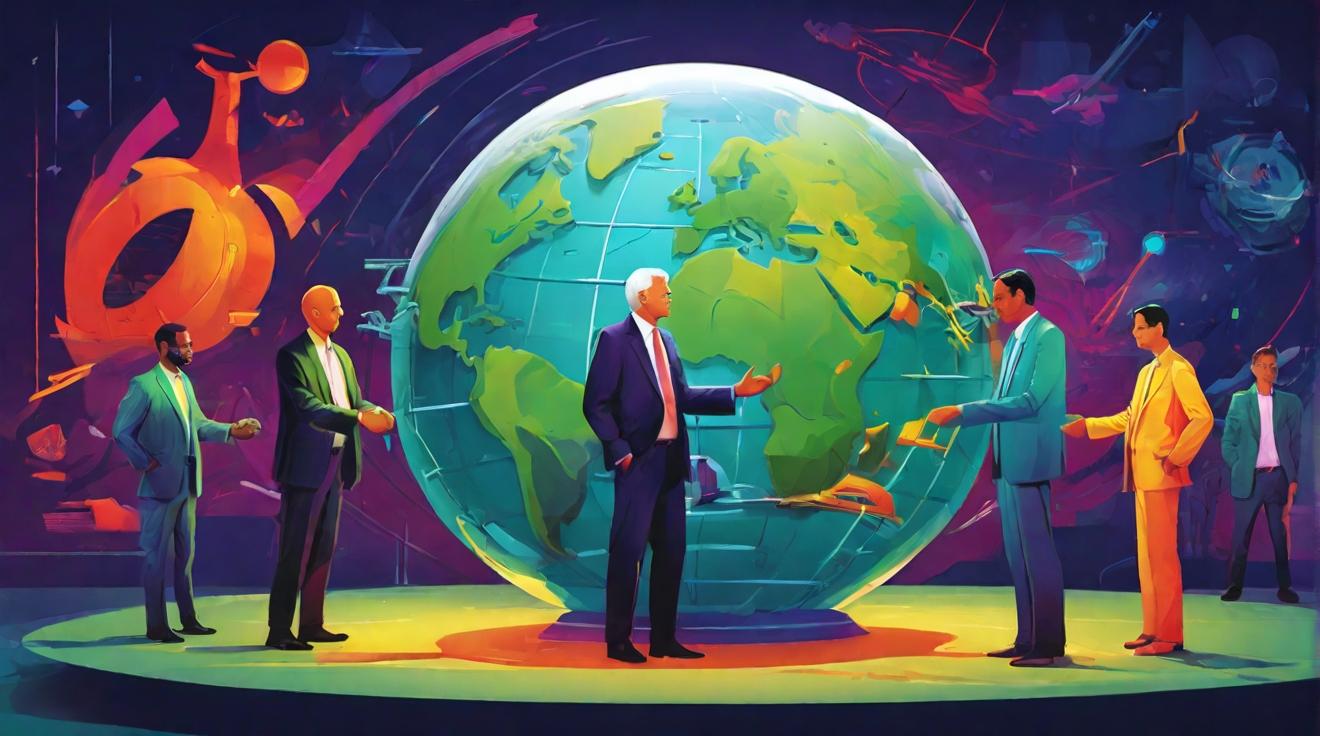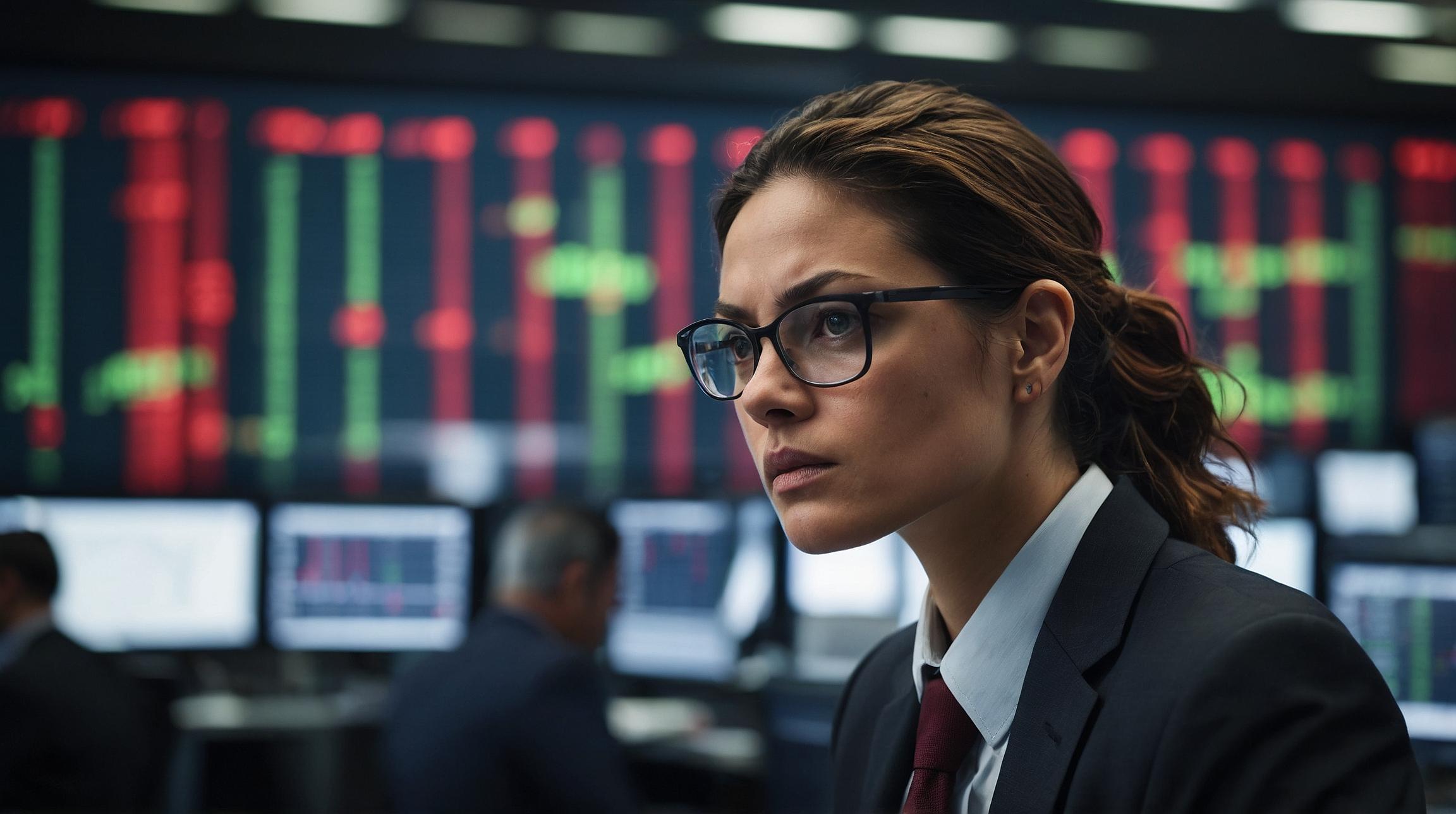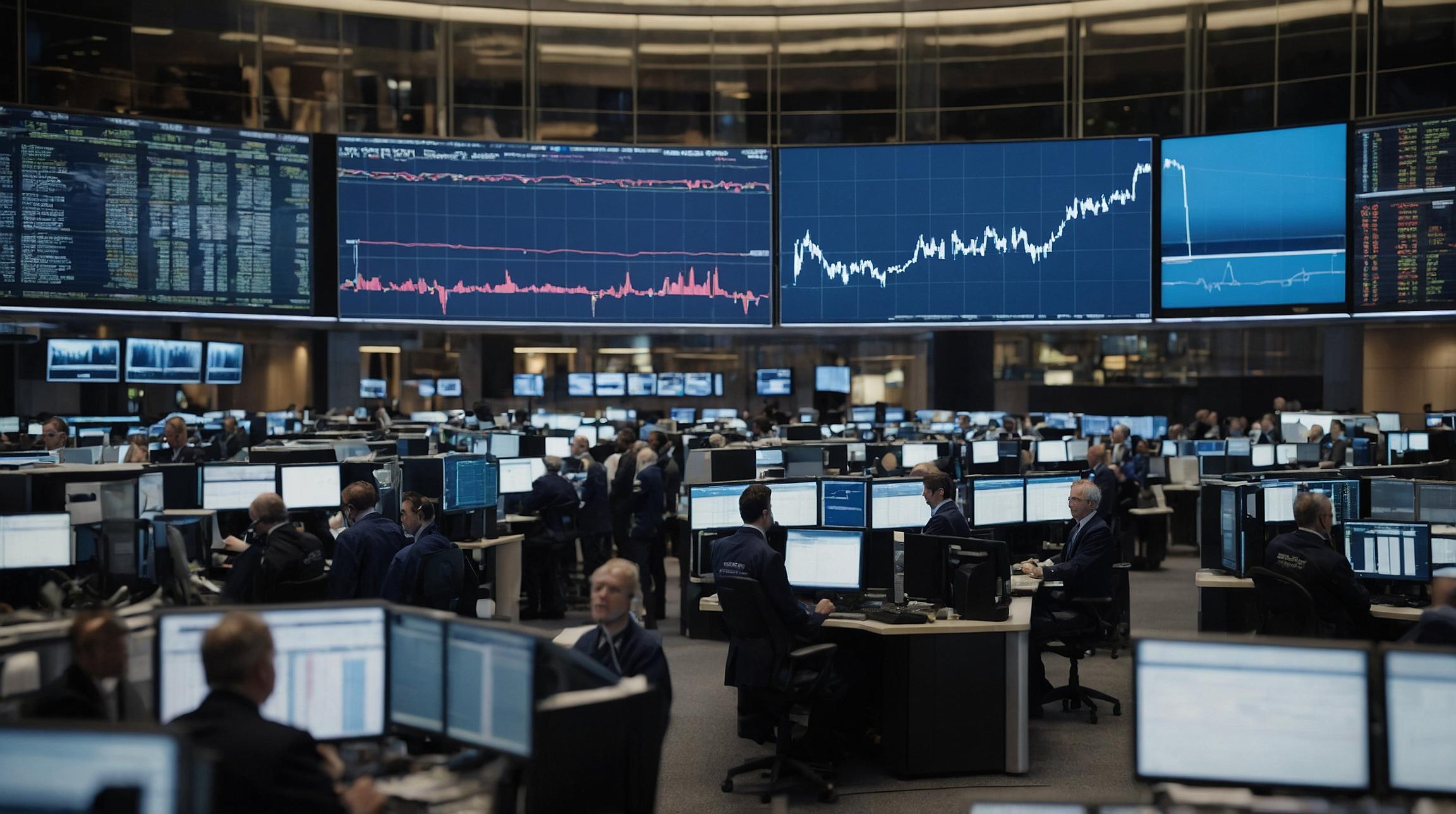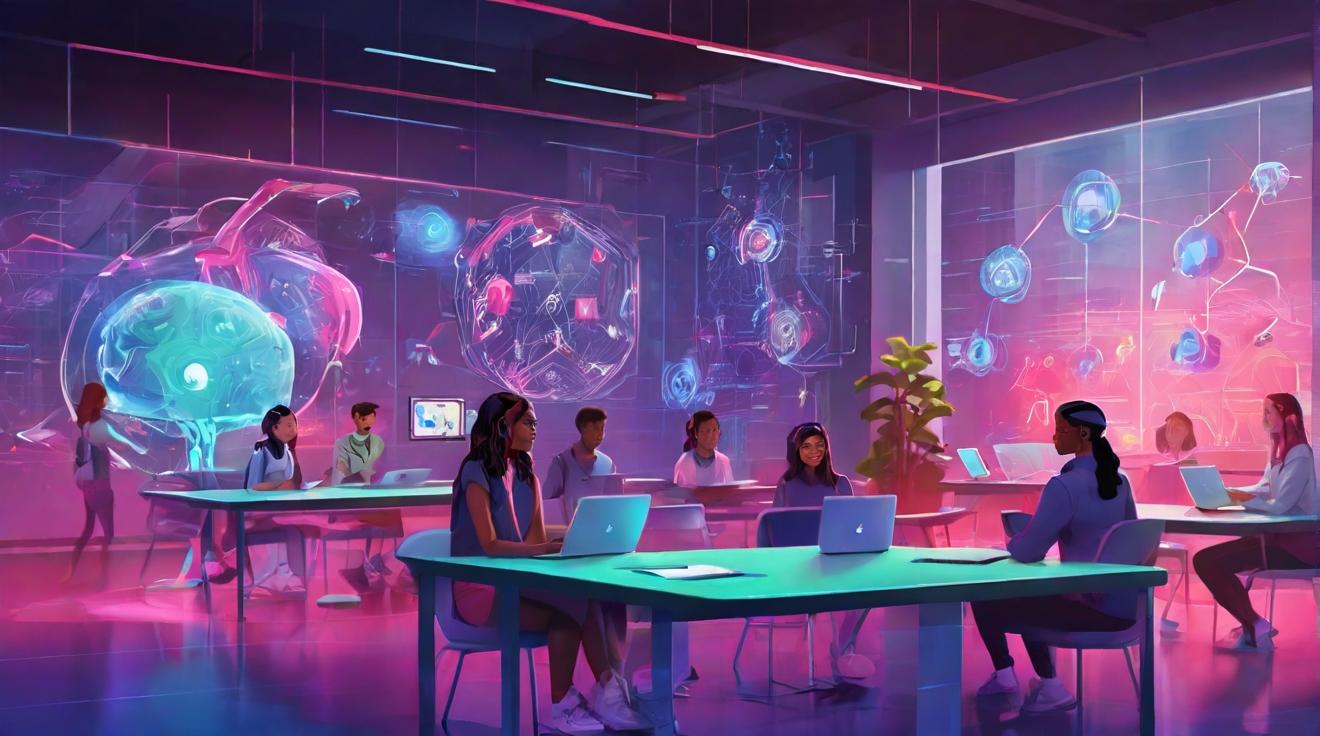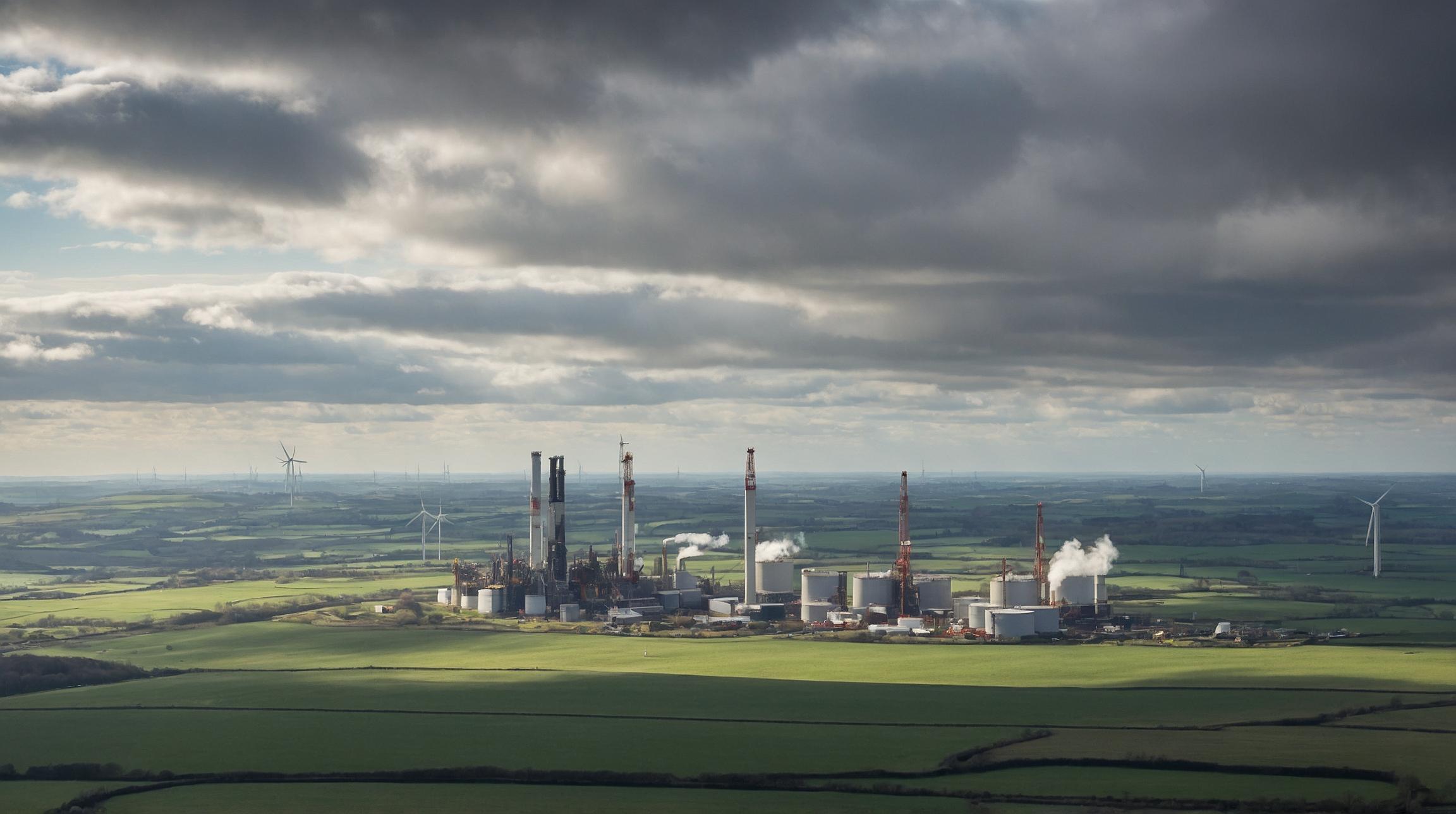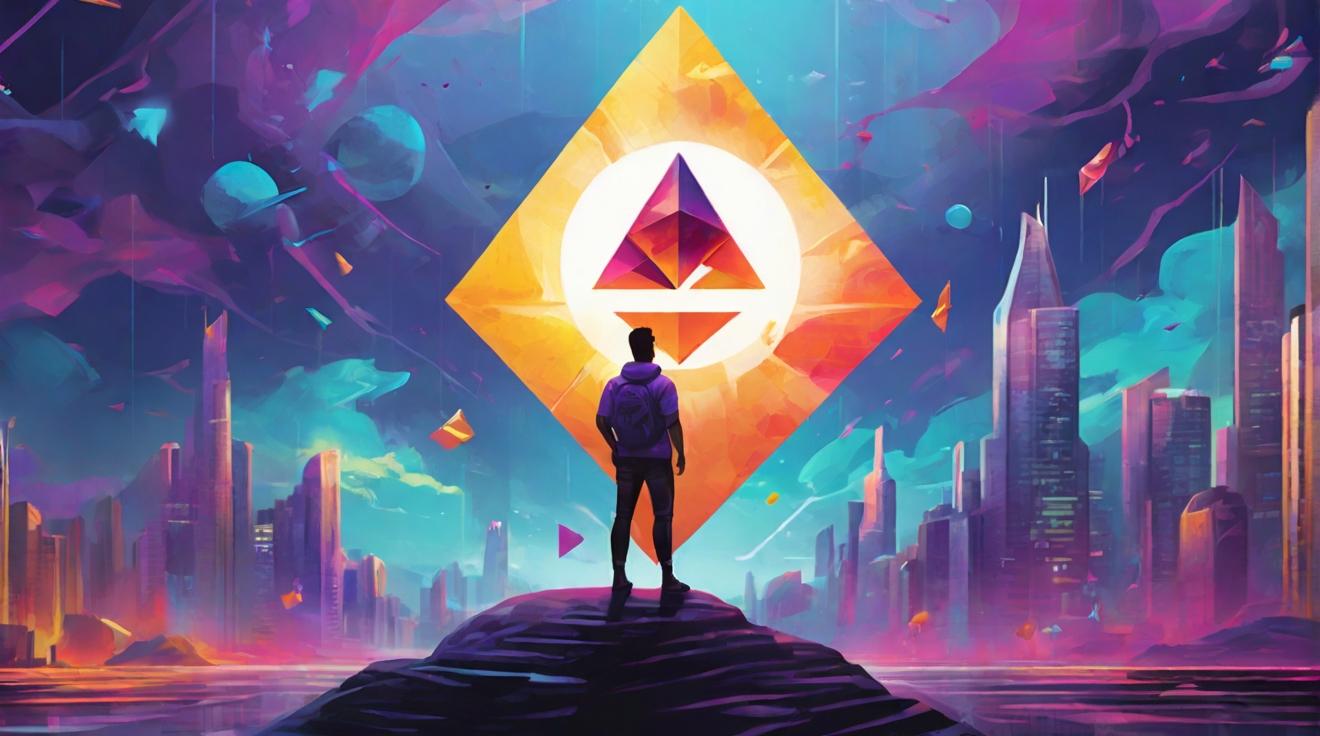The Battle Over Artificial Intelligence: Marc Andreessen and Vinod Khosla Lock Horns in Public Debate
By [Author Name], Published on [Date] in Bloomberg
In a highly anticipated clash of titans, tech industry heavyweights Marc Andreessen and Vinod Khosla have recently found themselves at odds over the future of artificial intelligence (AI). The heated debate centers around the use of open source software versus closed source, delving into deeper philosophical and existential questions concerning AI’s societal impact.
Both Andreessen and Khosla, renowned investors with stakes in OpenAI, have publicly exchanged their conflicting views, sparking significant attention from industry insiders and the wider public. This exchange not only highlights the broader discussions surrounding AI’s regulation and ethical development but also illustrates the ongoing uncertainty and concern among influential figures about the direction AI should take.
The dispute at hand goes beyond a mere difference in opinion, as it raises fundamental questions about the role AI should play in shaping our society. While open source software encourages collaboration and the sharing of knowledge, closed source software promotes secrecy and exclusive control. The matter has far-reaching implications, touching on matters of access, democratization, and the potential concentration of power.
The divergence of views between Andreessen and Khosla underscores the broader fragmentation within the tech industry when it comes to AI’s governance and future outlook. As AI continues to permeate various sectors, from healthcare to transportation and finance, the need for clear guidelines and ethical boundaries becomes increasingly urgent.
The attention drawn by this public debate signifies the growing importance of addressing AI’s impact head-on. Experts and policymakers are grappling with the need for effective regulation and oversight to ensure that AI technologies are used responsibly and with the best interests of society at heart.
The clash between these prominent figures serves as a microcosm of the larger concerns and debates surrounding AI’s potential consequences. It highlights the need for a comprehensive and inclusive discourse among experts, industry players, and policymakers to shape the future of AI in a way that ensures its benefits are maximized while risks are mitigated.
As the battle over AI’s open versus closed source rages on, it becomes clear that the future of AI is not only a matter of technological advancement but also a question of ethics, social impact, and the collective well-being of humanity. The stakes are high, and the outcome of these debates will shape the trajectory of AI for years to come.
Analyst comment
Positive news: The battle over artificial intelligence between Marc Andreessen and Vinod Khosla is drawing significant attention and highlighting the importance of addressing AI’s impact. It signifies the need for clear guidelines and ethical boundaries in AI’s development to ensure the best interests of society are met.
As an analyst, it is expected that there will be increased focus on developing effective regulation and oversight for AI technologies. The clash between prominent figures like Andreessen and Khosla reflects the larger concerns and debates surrounding AI’s consequences. This discourse will shape the future of AI, maximizing its benefits while mitigating risks.





